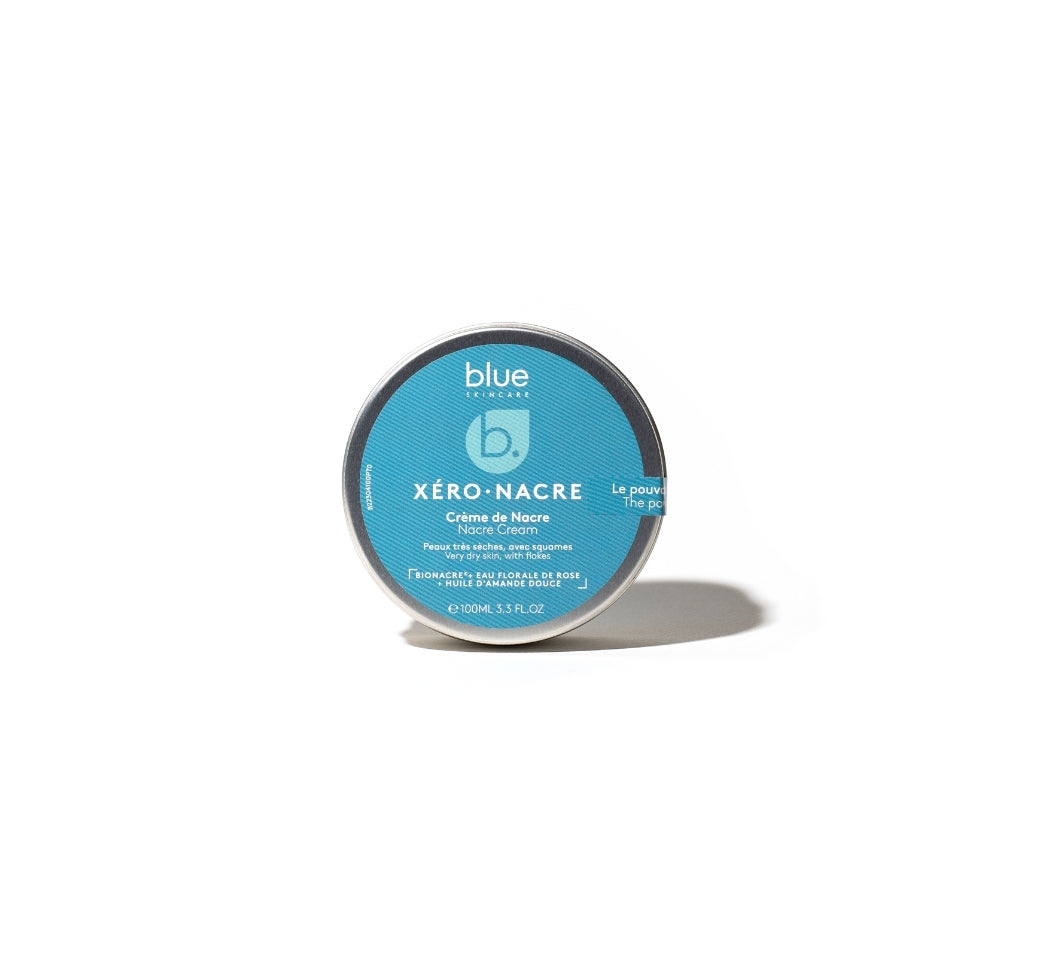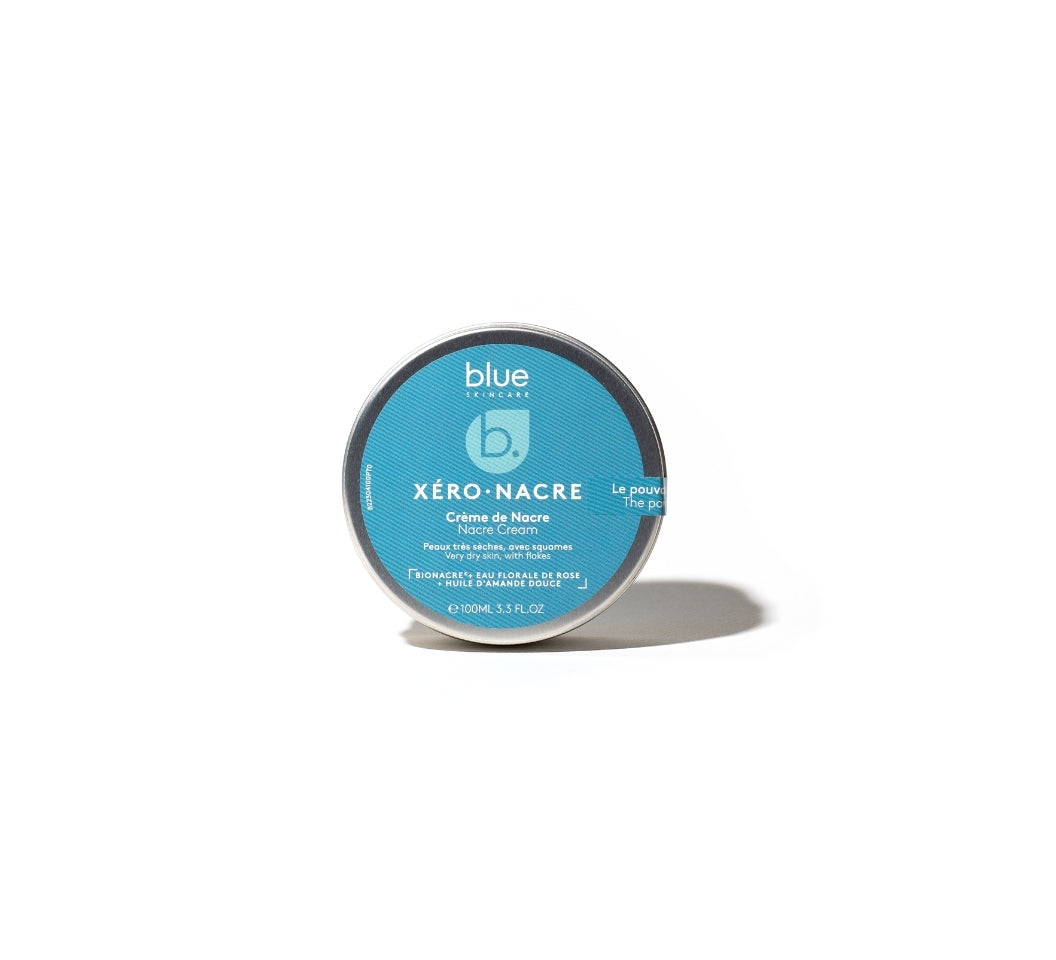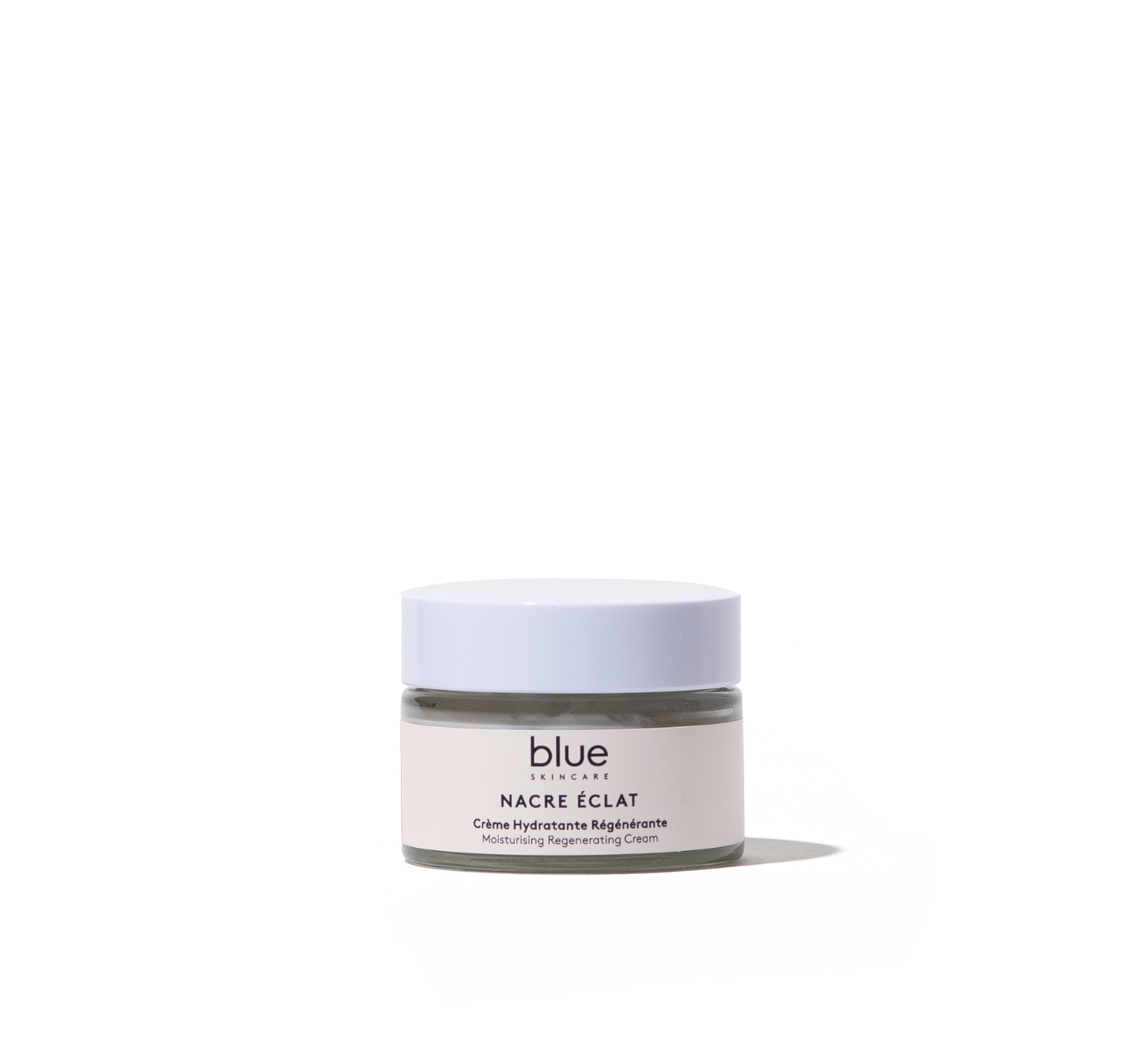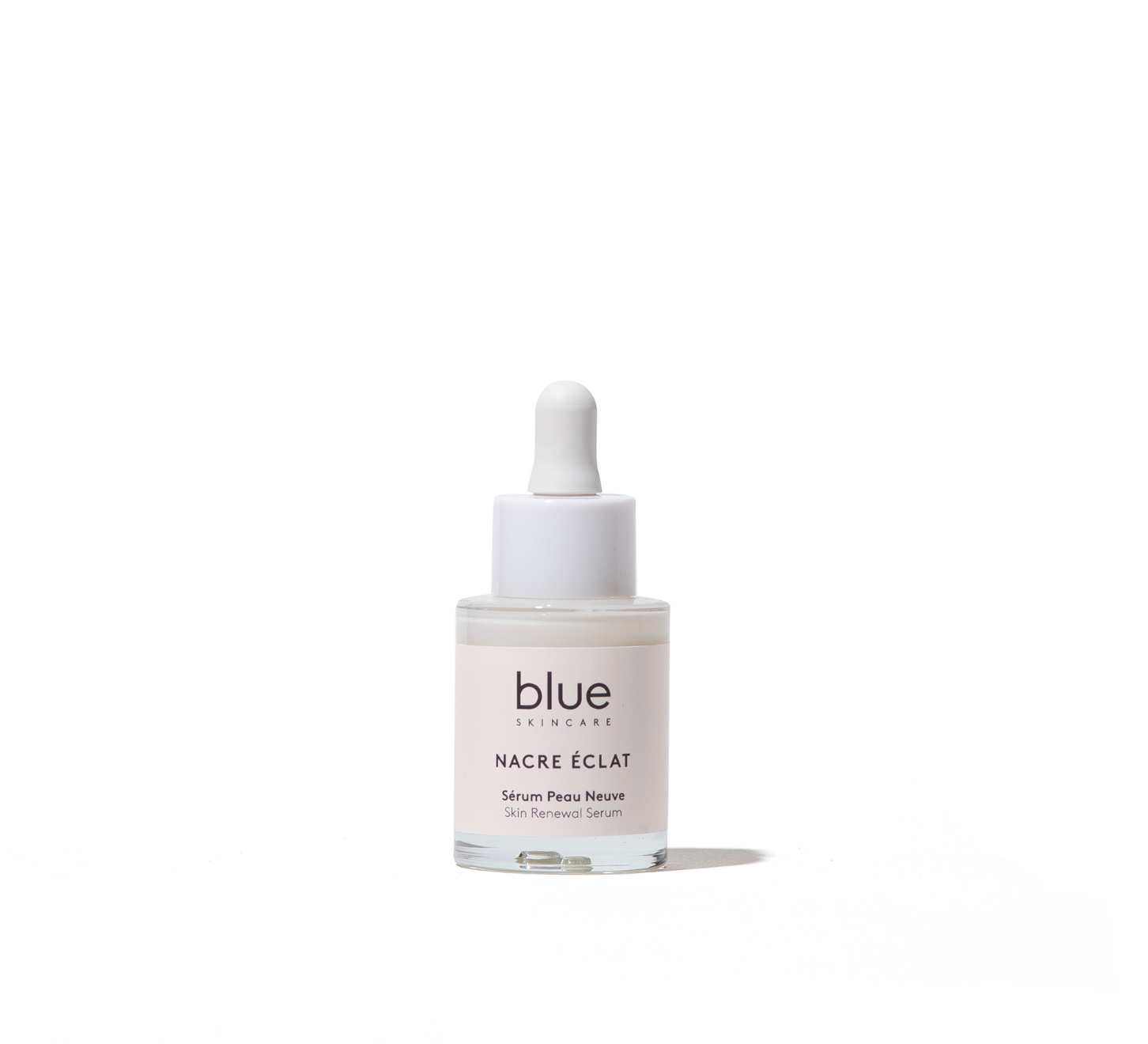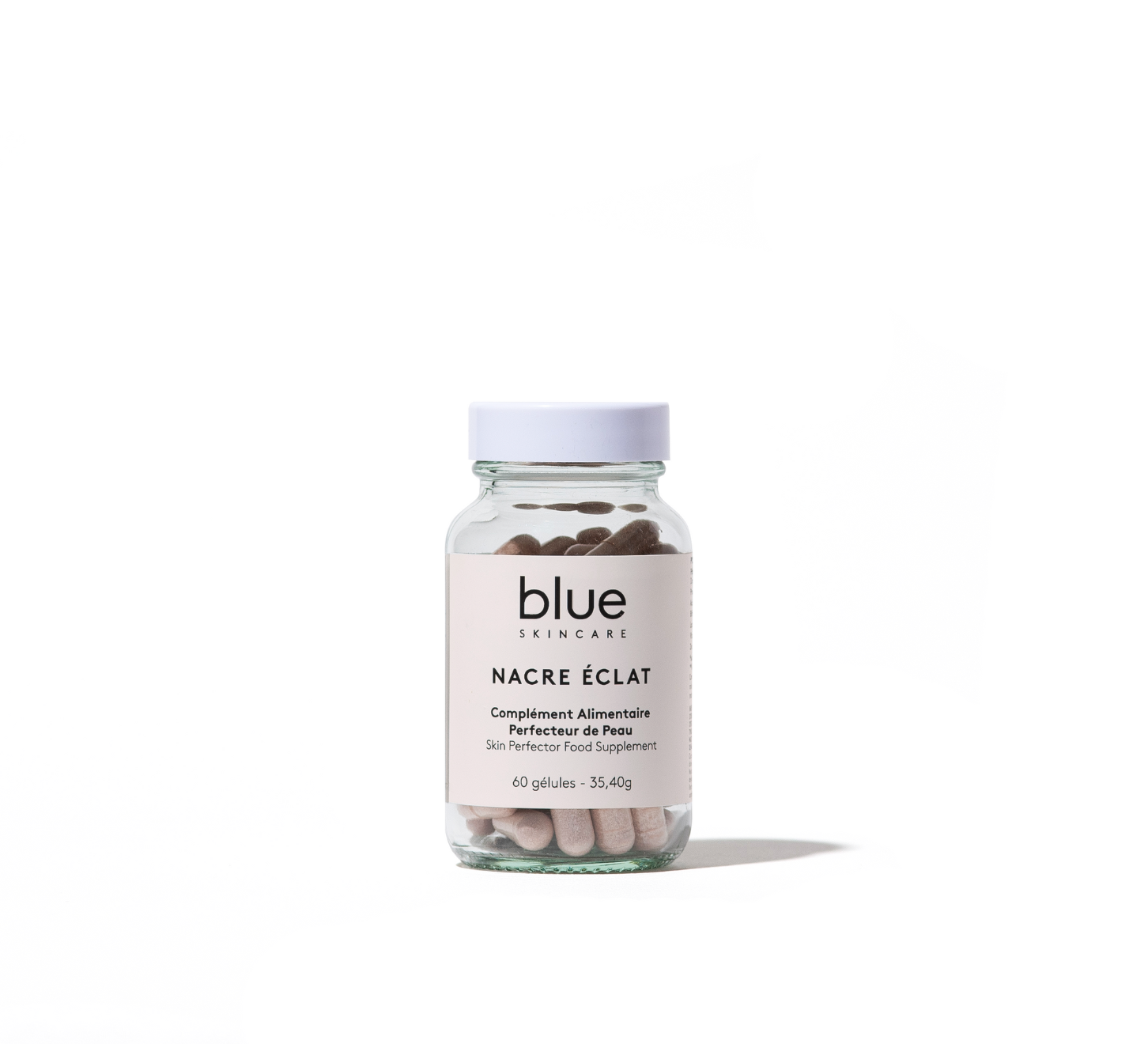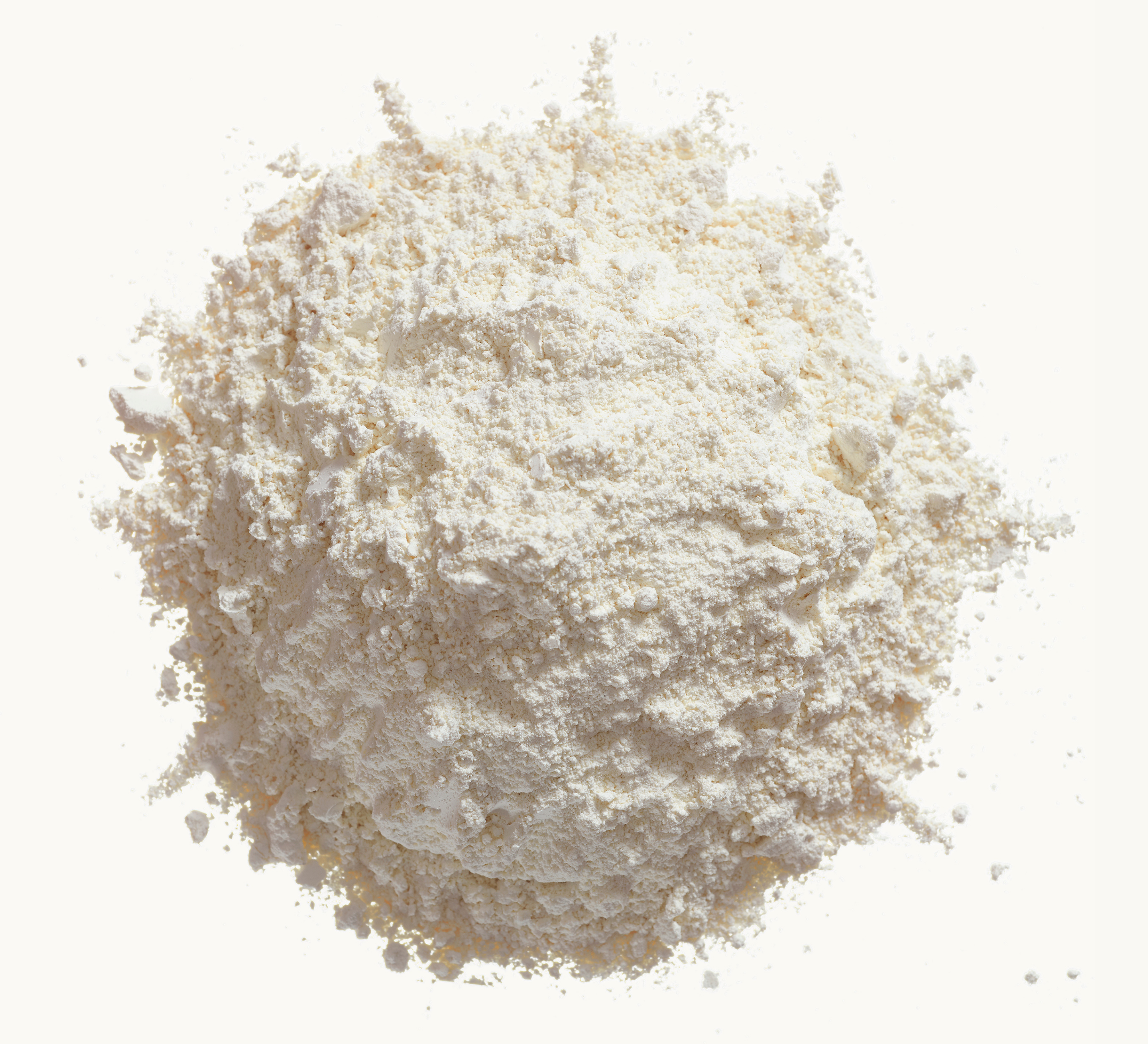Psoriasis is a chronic skin condition that can be exacerbated by stress. Understanding the links between stress and psoriasis is crucial to better managing this condition.
Exploring the causes of stress-triggered psoriasis
Psoriasis, a chronic skin disease characterized by red, scaly patches, is often influenced by psychological factors such as stress. Understanding the mechanisms underlying this relationship is essential for effective disease management.
Recent research suggests a complex interplay between genetic, environmental, and immunological factors in the development of psoriasis.
For example, studies have shown that specific genetic variations can make some people more susceptible to developing psoriasis under stress. Additionally, chronic stress can disrupt the immune system, leading to the exacerbated skin inflammation characteristic of psoriasis.
This inflammation is often associated with an increased release of inflammatory cytokines, which contribute to the formation of skin plaques. By understanding these mechanisms, it becomes possible to develop more targeted treatment and prevention strategies to mitigate the impact of stress on psoriasis.
Internal link: What causes psoriasis? → anchor: causes of psoriasis
Identify the signs: symptoms of psoriasis exacerbated by stress
Psoriasis, a chronic skin condition , can be exacerbated by stressors. It is crucial to discern the clues and risk factors related to this complex interaction between stress and skin disease.
Additionally, it's essential to understand the potential complications of stress-induced psoriasis and implement preventative measures to maintain both skin and mental health. Finally, being informed about the various treatment options available is crucial for relieving the symptoms of stress-induced psoriasis.
Know what puts you at risk: Risk factors for stress-related psoriasis
Understanding the risk factors for stress-related psoriasis is essential to preventing its onset and mitigating its severity. Chronic stress can disrupt the balance of skin cells, triggering the inflammation characteristic of psoriasis. Additionally, prolonged stress can weaken the immune system, making the body more vulnerable to skin infections, which can worsen psoriasis symptoms.
People with psoriasis who suffer from depression or rheumatism are also at increased risk of developing severe psoriasis under stress, as these conditions can amplify the body's inflammatory response. Understanding this data can help us adopt stress management strategies to reduce the impact of psoriasis on skin and overall health.
Potential complications of psoriasis under stress
Psoriasis aggravated by stress can manifest with symptoms such as red, scaly patches of skin, itching, joint pain, and psychological distress.
Protecting your skin and your mind: preventing psoriasis aggravated by stress
To prevent stress-related psoriasis flare-ups , it is essential to effectively manage stress through strategies such as meditation, yoga, and therapy.
Maintaining a healthy lifestyle can also help reduce the harmful effects of stress on skin and mental well-being.
Keratoreducing creams and treatments can help combat the symptoms of psoriasis and restore healthier skin.
Treatment options for soothed psoriasis
Treatment options for psoriasis include topical medications, oral therapies, biologic treatments, and lifestyle modifications. The choice of treatment will depend on the severity of symptoms and individual patient preferences.
FAQ
How to manage stress-related psoriasis in work or school environments?
To manage stress-related psoriasis in work or school environments, it is essential to implement stress management strategies. This may include practicing relaxation techniques such as deep breathing or meditation during breaks, as well as open communication with colleagues or teachers to reduce sources of tension.
It is also important to take regular breaks to relax and maintain a work/study-life balance to prevent psoriasis flare-ups.
What is the role of diet and exercise in managing stress-induced psoriasis?
Diet and exercise play an important role in managing stress-induced psoriasis. A balanced diet rich in fruits, vegetables, whole grains, and oily fish can help reduce inflammation and strengthen the immune system, helping to alleviate psoriasis symptoms.
Additionally, regular exercise can help reduce stress and improve overall skin health by promoting blood circulation and reducing inflammation. It is recommended to consult a healthcare professional for personalized nutrition and exercise advice for psoriasis.
Finally, some psoriasis creams can help reduce scales and provide much-needed hydration to the skin.






